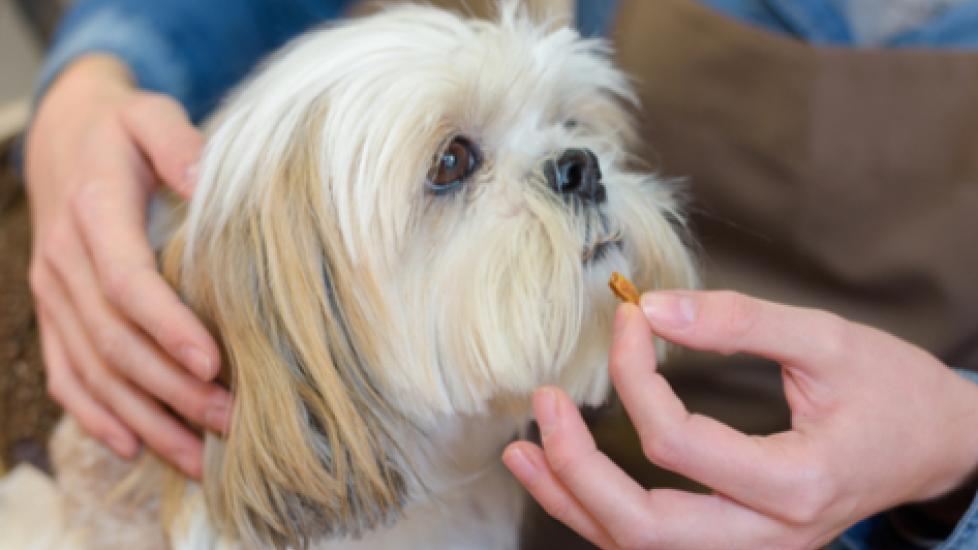Title: 5 Things Not to Do During Your Pet’s Cancer Treatment
Cancer is a devastating diagnosis for any pet owner, but it doesn’t have to be the end. With early detection and proper treatment, many pets can enjoy good quality of life despite their illness. However, as with human cancer treatments, there are certain things you should avoid doing during your pet’s therapy that could hinder recovery or even exacerbate symptoms. Here are five crucial actions to steer clear of when navigating this challenging time:
-
Ignoring Side Effects: It’s common for pets undergoing chemotherapy or radiation therapy to experience side effects such as fatigue, loss of appetite, nausea, vomiting, diarrhea, or hair loss. While these may be temporary and part of the healing process, they shouldn’t be ignored. Monitor your pet closely for changes in behavior or condition and report them promptly to your veterinarian so they can adjust medications accordingly.
-
Skipping Appointments: Regular check-ups and treatments are essential components of successful cancer care. Missing appointments not only delays progress but also increases the risk of complications down the line. Keep all scheduled vet visits on your calendar and make sure to attend each one without fail.
-
Overfeeding or Underfeeding: Maintaining a stable weight throughout treatment is critical; neither undernutrition nor overeating will support healing properly. Work closely with your vet to determine an appropriate diet plan tailored specifically to meet your pet’s nutritional needs at every stage of his/her journey towards wellness.
-
Isolating Your Pet: Pets undergoing cancer treatment often need extra love and attention from family members who understand what they’re going through physically – isolation can lead to feelings of loneliness which may worsen mental health issues like depression among animals already dealing with significant stressors due simply by virtue being sick themselves! Instead encourage social interaction within limits set forth by medical professionals (e.g. limiting contact w/ other potentially contagious animals).
-
Neglecting Mental Health: Just because physical well-being takes center stage during times like these does mean psychological welfare gets left behind entirely – quite contrary actually since both aspects interconnected deeply especially considering high levels emotional investment owners typically invested into keeping beloved companion healthy happy again after receiving dire prognosis initially given out regarding chances survival etcetera
In conclusion, while caring for a pet with cancer presents numerous challenges along way toward eventual cure sometimes achieved thanks advances modern medicine today more than ever before still requires diligence patience compassion understanding those closest affected most directly i.e ourselves included too no doubt about it! By avoiding pitfalls outlined above alongside following advice provided by qualified veterinarians experts specializing area concerned we stand better chance ensuring our furry friends receive best possible outcomes whatever future holds regardless outcome ultimately determined beyond control us mere humans capable limited resources available yet always hopeful nonetheless right?
